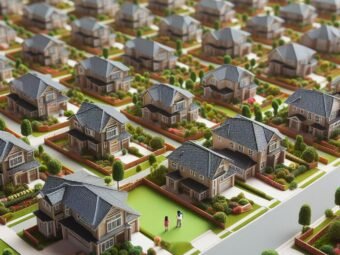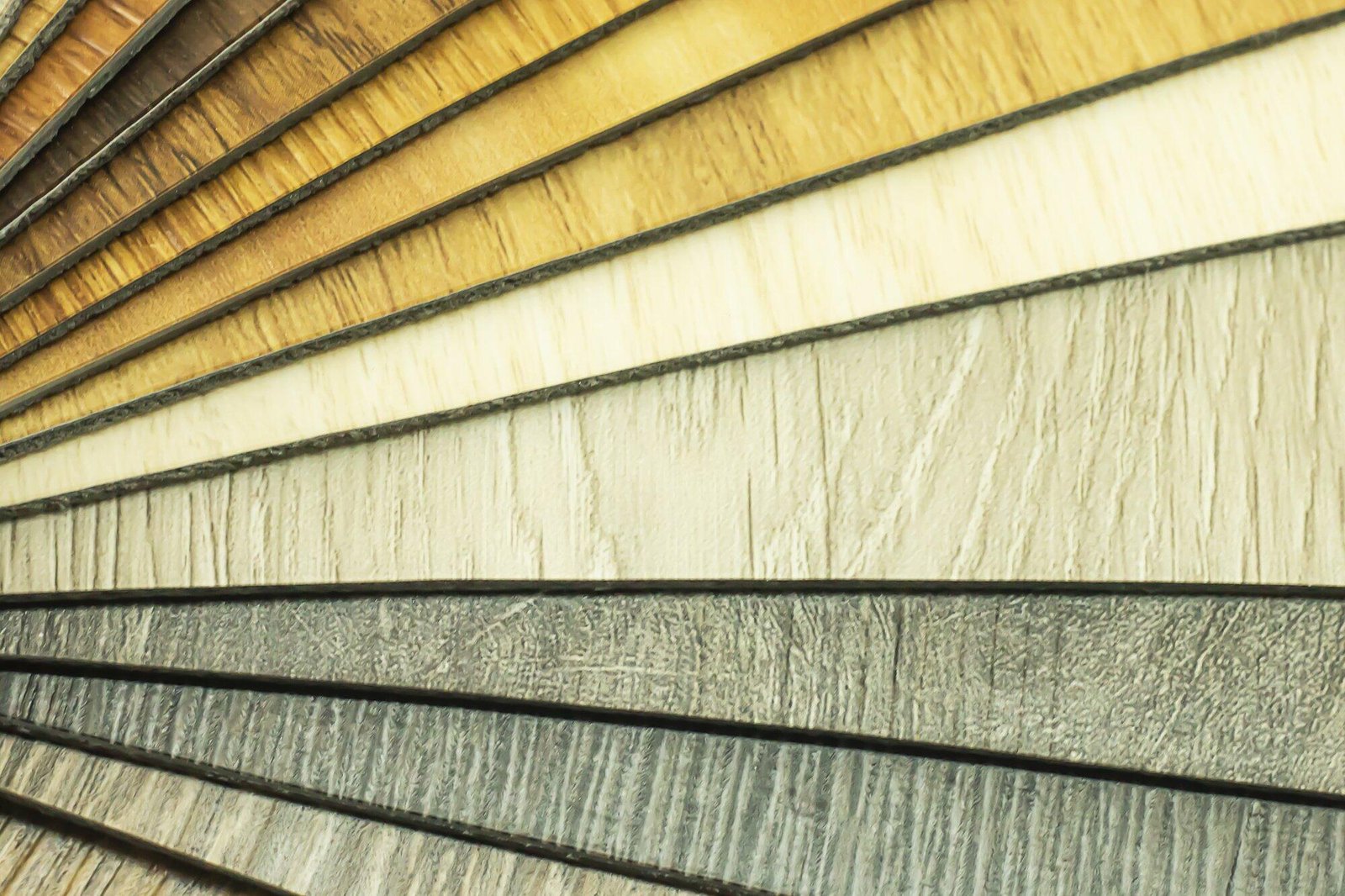
9 Factors to Consider Before Installing Your Commercial Roof
When it comes to commercial properties, the roof is an essential component that should never be overlooked. However, choosing the right roofing system for your business can be a daunting task. This is considering the various factors involved in making such a decision.
In this blog post, we’ll explore nine crucial factors you need to consider before installing your commercial roof. This guide will help you make an informed decision that meets all of your needs!
Table of Contents
1. Roofing Material
One of the most critical factors to consider before installing a commercial roof is the type of roofing material you’ll use. The choice of roofing material can affect your:
- energy efficiency
- maintenance requirements
- lifespan
There are several types of commercial roof materials and the latest commercial roofing trends available in the market today, including:
- asphalt shingles
- metal roofs
- TPO
- EPDM
- PVC
- modified bitumen
2. Roof Design
The design should be suitable for the type of building and its intended use. Flat roofs are commonly used in commercial buildings. Sloped roofs may also be necessary depending on the location and climate.
The slope of a roof affects not only its appearance but also its functionality. A steeper slope can improve drainage and prevent water from pooling on the roof. A flatter slope may provide more usable space for HVAC equipment or solar panels.
3. Code Compliance
Ensuring that your roofing system meets local building codes is crucial. Building codes are put in place to ensure the safety of not only those who will be occupying the building but also the surrounding community.
Each state and city has its own set of guidelines that you must follow when installing a new roof. These guidelines typically include requirements for:
- specific materials
- insulation values
- fire ratings
- wind uplift resistance
Working with an experienced roofing contractor who understands these regulations can help you navigate any potential issues or complications that may arise during installation.
4. Installation Process
Before starting any installation work, the contractor should inspect the building’s structure. They must determine if any repairs or modifications need to be made before installing the new roof. This ensures that the new roof will have proper support and will function as intended.
Once everything is prepared, the actual installation process begins. Depending on the type of roofing material chosen, different methods may be used for application. However, regardless of which method is used, it must follow all manufacturer instructions and industry standards.
5. Maintenance Requirements
Neglecting the maintenance aspect can lead to expensive repairs. It can lead to even premature replacement of the entire system. One vital aspect of maintaining a new roof is regular inspections. These inspections help identify potential issues like:
- leaks
- punctures
- debris
Another important factor is cleaning the roof periodically. This includes removing any dirt or debris from the surface. It also entails ensuring that drains and gutters are clear to prevent water buildup.
Additionally, it’s crucial to have a plan for repairing any damages that may occur over time promptly. Having access to reliable repair services can ensure that any problems are addressed immediately. This should be done before they become more significant issues.
6. Warranty
A warranty can provide peace of mind knowing that your investment is protected. It means you won’t be left stranded in case something unexpected happens. Make sure to read through their warranty policy and understand what it covers.
Some warranties only cover defects in materials, while others may include labor costs for repairs as well. It’s also important to note the length of the warranty. While some warranties may offer lifetime coverage, others may only last a few years.
Be cautious of contractors who offer overly short warranties. They may not stand behind their workmanship. Pay attention to any limitations or exclusions in the warranty.
This could be concerning damage caused by natural disasters or improper maintenance. Knowing these details beforehand can prevent any surprises down the line.
7. Energy Efficiency
Before installing a new roof, energy efficiency must be taken into account. In addition to initial installation costs, a building’s energy consumption over time should be considered.
Commercial roofs typically range in energy efficiency. This makes it important to select a roof that is suited to the building’s particular energy needs. The energy-efficient roof must be suited to the building’s size and configuration.
This is because all of these influence how much energy is consumed:
- roof material
- insulation
- building’s climate control system
It is also critical to make sure that the roof is installed properly. By factoring in these elements, commercial building owners can ensure that their roof is truly energy efficient.
8. Fire Resistance
Fire resistance is an essential factor to consider when installing a new commercial roof. Different materials used to construct the roof can drastically affect the fire resistance of the roof.
These standard roof coverings are the least fire-resistant:
- asphalt composition shingles
- mopped asphalt
- coal tar pitch roofing
Metal roofing materials are the most fire resistant, such as:
- galvanized steel
- aluminum
- stainless steel
Since metal roofing can easily reflect heat, it can protect the interior of the building from fire damage. Customers should also inquire about a roof system’s fire rating, which indicates how much time it can withstand a nearby fire.
Lastly, commercial roofers or suppliers should be asked about fire prevention materials such as fire shields and fire barriers that can protect the roof from fire. It is important to carefully consider these factors before installing your commercial roof.
9. Aesthetics
Don’t forget about aesthetics as well. Your commercial roof should be not only functional but also visually appealing. It can enhance your curb appeal and create a positive first impression on potential clients or customers.
Therefore, work with an experienced contractor who understands both the technical requirements of commercial roofing and aesthetic considerations. A professional roofer will guide you every step of the way to ensure that you end up with a beautiful and durable roof that meets all of your specific needs.
Consider Some Factors for Commercial Roof Installation
After considering these factors for commercial roof installation, it is clear that safety, cost, and durability should be among the highest priorities when choosing a roofing system.
With careful research and planning, you can make a wise and affordable decision for your building’s roofing needs. Contact a professional roofing contractor today to get started!
Visit our blog for more informative topics.
Last Updated on April 12, 2023













